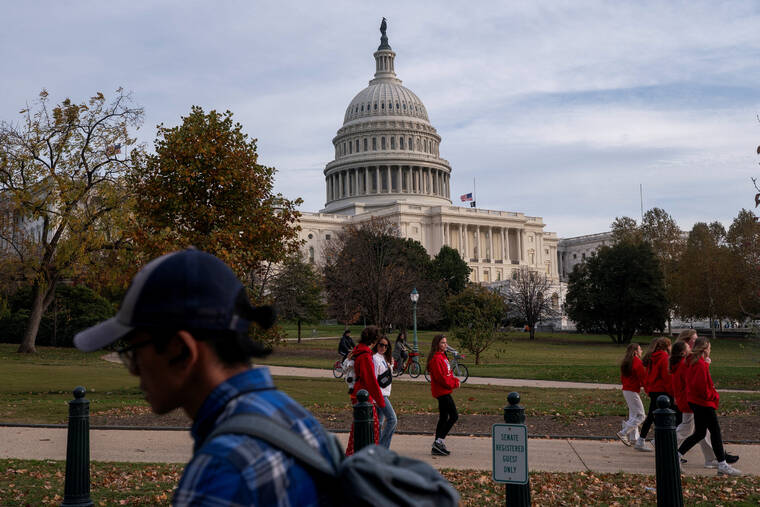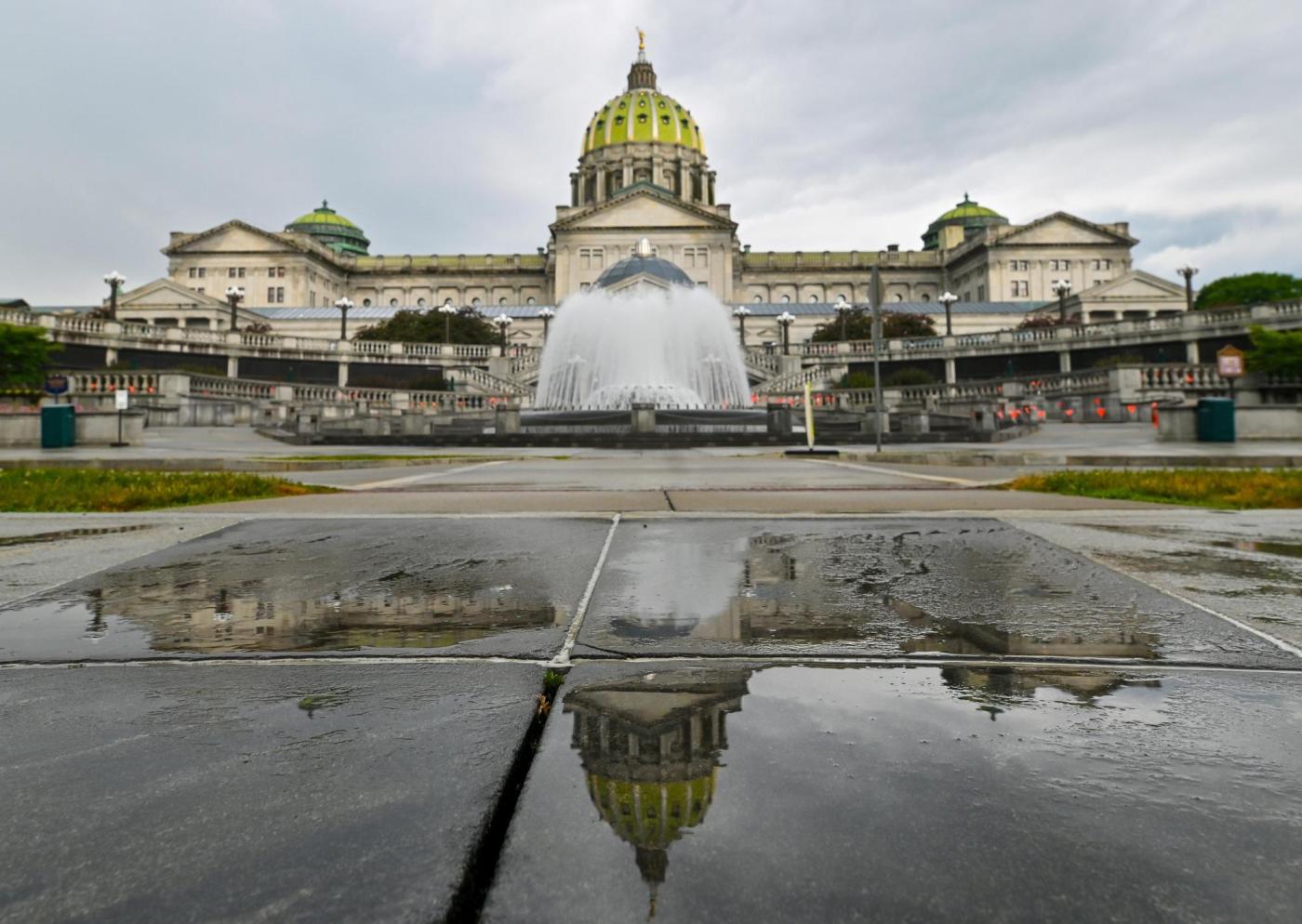The U.S. Senate is set to vote on a bill aimed at ending the federal government shutdown, which has now entered its 40th day. Senators are optimistic that a resolution may soon be reached, with a vote anticipated on Sunday night. The proposed legislation, passed by the House, will be amended to combine a short-term funding measure that extends government operations through January 2026 with three full-year appropriations bills, according to Senate Majority Leader John Thune.
This amended package will require approval from the House of Representatives and subsequently needs to be signed by President Donald Trump, a process that may take several days. Senate Democrats have so far resisted these funding efforts, seeking to pressure Republicans into agreeing to healthcare reforms, particularly regarding the extension of expiring subsidies under the Affordable Care Act (ACA).
Political Maneuvering Amid Shutdown Effects
Senator Richard Blumenthal, a Democrat from Connecticut, indicated he would vote against the funding measure but acknowledged there might be sufficient Democratic support for its passage. He expressed concerns about relying on vague promises regarding a future vote on healthcare tax credits, stating, “I am unwilling to accept a vague promise of a vote at some indeterminate time.”
The ongoing shutdown has significant repercussions for federal workers and essential services, affecting food aid, national parks, and travel. Staffing shortages in air traffic control have raised alarms, threatening to disrupt travel during the busy Thanksgiving holiday season on November 27, 2023.
Senator Thom Tillis, a Republican from North Carolina, noted that the escalating impacts of the shutdown have encouraged bipartisan discussions toward a resolution. He mentioned that the final deal would also address some of the Trump administration’s layoffs of federal workers, saying, “Temperatures cool, the atmospheric pressure increases outside and all of a sudden it looks like things will come together.”
The economic implications of a prolonged shutdown are concerning. White House economic adviser Kevin Hassett warned that failure to restore normal air travel operations by Thanksgiving could lead to negative economic growth in the fourth quarter.
Healthcare Subsidies at the Center of Debate
As negotiations unfold, President Trump reiterated his stance on replacing ACA subsidies with direct payments to individuals. He criticized the current subsidies, which have contributed to a surge in ACA enrollment to 24 million since their introduction in 2021, labeling them a “windfall for Health Insurance Companies.” Trump expressed a willingness to collaborate with both parties once the government is reopened.
U.S. Treasury Secretary Scott Bessent and Senator Lindsey Graham, a close ally of Trump, confirmed that discussions regarding the healthcare proposal would only take place after a federal funding measure has been passed. Bessent stated, “We are not going to negotiate with the Democrats until they reopen the government.”
Americans looking to purchase 2026 ACA health insurance plans are facing a significant increase in monthly premiums, as health experts estimate an average doubling of costs due to the expiration of pandemic-era subsidies at the end of the year.
Senate Minority Leader Chuck Schumer recently proposed a deal to reopen the government while extending tax credits for ACA plans. This proposal was rejected by Republicans, further complicating the negotiations. Democratic Senator Adam Schiff asserted that Trump’s healthcare initiative could undermine the ACA and potentially allow insurers to deny coverage to individuals with pre-existing conditions.
The situation remains fluid as the Senate prepares for the crucial vote that could signal an end to the historic shutdown and reshape ongoing discussions about healthcare and federal funding.







